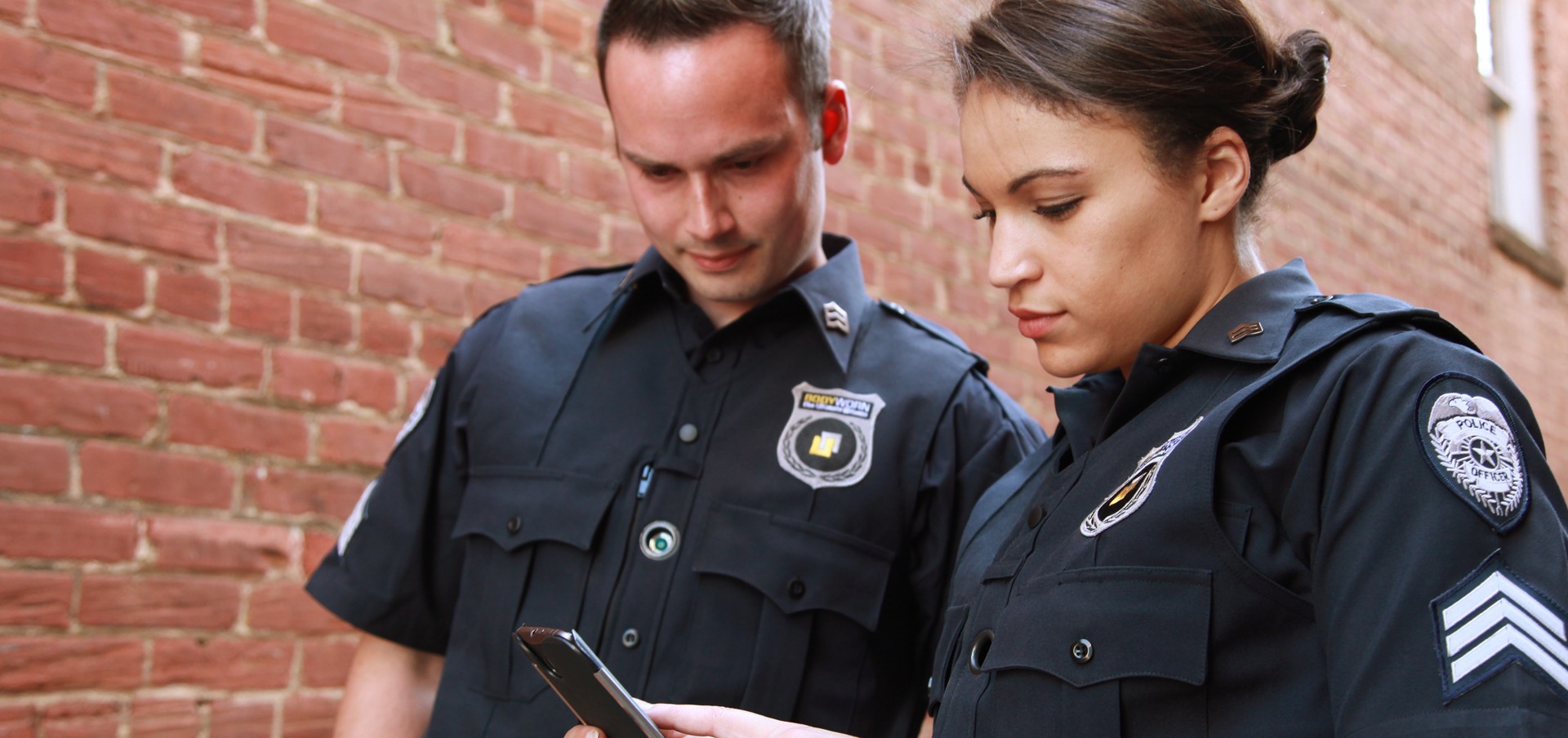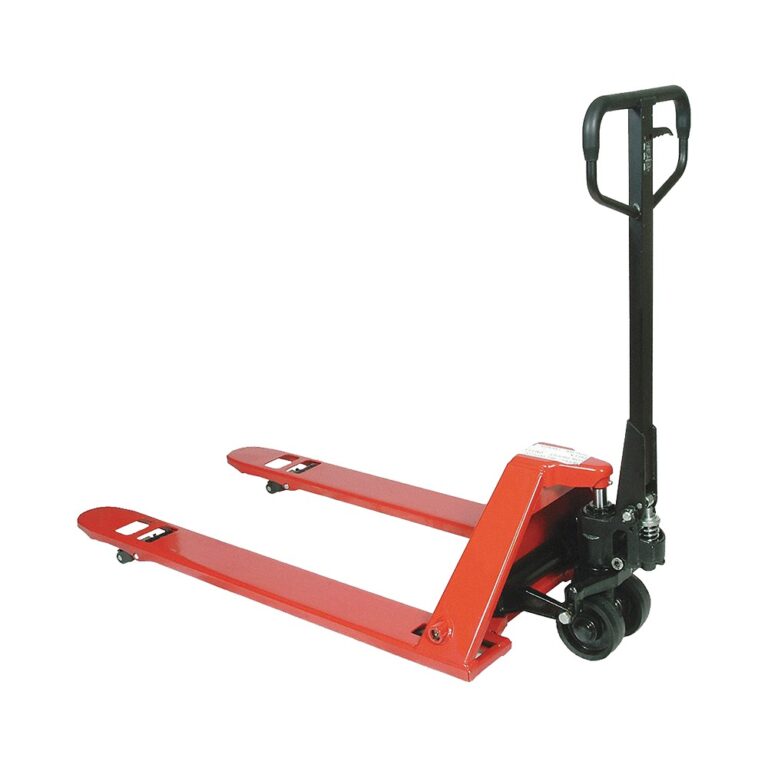What Skills Make You Stand Out in High-Pressure Public Safety Jobs?
Public safety workers have to orchestrate the best possible performance as the clock runs out on lives. One must have a setting of technical knowledge coupled with mental toughness and people skills to deal with medical emergencies, put fires out, and maintain peace. This combination could mean the difference between unfortunate success and failure.
If you consider a career in public safety or are contemplating moving up through the ranks of the service, help yourself build not only a more rewarding career but one in which you can genuinely serve your community by learning which skills really differentiate the best public safety professionals.
Mental Resilience: A Critical Skill for Success in Public Safety Jobs
A defining trait among many public safety professionals is unwavering mental resilience, which often sets the most successful apart. This is about holding it together when emergencies do hit-the real stuff is being able to think clearly in the surrounding chaos the very moment it occurs, to come to grips with horrible things that would throw others away.”
A decline in mental resilience entails handling stress and emotional regulation, wherein one learns not to carry trouble in his carryall, as it were, to hinder him from operating. In public safety careers, high performers build resilience strategies that help them handle difficult events while sustaining long-term effectiveness.
Most often, resilience is developed from experience, but it may also be developed through stress inoculation training, mindfulness, and using mentors who have become experts at remaining calm under pressure.
Essential Technical Skills for Firefighters, EMTs, and Law Enforcement Officers
In the public safety world, everyone receives some sort of training. The better professionals, however, extend their technical knowledge as life goes on. This uninterrupted education includes everything from new equipment and procedures to new technologies that can help them in their day-to-day activities.
Various new directions extend to paramedics and EMT in-between via attainment of advanced certifications or instrumentation courses that could eventually translate into the ability to operate highly sophisticated medical equipment. Firefighters, in fact, go the extra mile to specialize in hazardous materials response or the technical rescue operations. Law enforcement officers take a step further, setting up their expertise in digital forensics or crisis negotiation.
The motive is to realize that initial certification is just the start. Emergency service careers reward those who remain students throughout their professional lives, constantly seeking new knowledge and skills that make them more valuable team members.
Communication Skills That Set Public Safety Professionals Apart
While good communication skills separate a good public safety professional from a great one, this falls far beyond knowing proper radio procedures or how to write reports correctly- but those basics will do their part.
Excellent public safety communicators can defuse tense situations with a few well-chosen words, give others in panic truly clear instructions, and work seamlessly with multiple agencies if the operation is complex. They are aware that how they communicate matters just as much as what they say.
To these communicators, the level of abstention from others lies in the treatment given to carcasses with deafening screams of a frightened child, with absolute clarity and authority during the actual emergency intervention, and then to higher supervisors with technical jargon.
Decision-Making Under Pressure: Key Skill for Emergency Responders
Critical decisions in public safety frequently require making them quickly and with incomplete information. Those who tend to sustain in such dark areas usually have given thought to excellent judgement and choice-making processes, which permit them to act when time for serious deliberation is missing altogether.
Decision-making is a skill that arises from the interaction between one person and his/her training and intuitions. Experienced individuals can just size things up within an instant, objectively identify the main tenets, and choose the best course of action, sometimes without having perfect information on hand. Thus, they understood that a good decision made swiftly is preferable to a perfect one made too late.
Since such decision-making skills are sharpened by application, practice needs a safe environment of sound cases for the learner to observe gains and losses and observe others in response to a tough situation.
Physical Fitness and Endurance: Must-Have Skills in Public Safety Careers
While a good physical standard is not a prerequisite for carrying out many of the public-safety roles, the advantage of being physically fit transcends the whole spectrum of specialisations. It is physical fitness that allows one to stand the test of long and stressful shifts, not chase down suspects carrying heavy equipment.
Good physical conditioning also strongly supports mental functioning. A fit body is better able to think clearly when stress sets in, to bounce back after a demanding scenario, and to keep the energy up needed for high performance on a consistent basis.
Individuals in public safety who consider themselves highly successful regard exercise as an investment in their career rather than just something one should do because it is connected with their job. They are aware that maintaining physical fitness helps them to do their job more efficiently and decreases their chance of being hurt and, in some instances, might even lengthen their career.
Teamwork and Leadership Skills for Police, Firefighters, and First Responders
Public safety is an enormously collaborative work. Whether you are with a fire crew, a police unit, or an emergency medical team, your capability to work well with others is the foundation of your success and the outcomes you achieve for those people you serve.
“Whether to lead or to follow would be known by an outstanding professional. In instances of emergency, the person of expertise would take charge, and in other cases, where the situation demanded more knowledge or authority, he would follow someone else.
The ability of these people lies in the building of relationships with co-workers from various agencies and departments. They properly understand that for an effective response in the public safety world, coordinated responses by a number of organizations are necessary—in which case solid working relationships can facilitate the partnership.”
Continuous Learning and Training: Advancing Your Public Safety Career
Public safety is an ever-changing field influenced by emerging technologies, the upgrading of procedures, and new challenges communities initialize. Professionals who distinguish themselves keep learning throughout their careers.
This may be one’s pursuit of more certifications, attending training, doing special training exercises, or simply reading about best practices and new trends in their field.
The best public safety professionals see themselves as lifelong learners trying to develop skills and knowledge.
How to Develop the Skills Needed to Succeed in Public Safety Jobs
Giving time and effort to develop these extraordinary skills will pay great dividends throughout your public-safety career. Therefore, you should honestly assess where you stand with each skill and identify the ones that offer the best opportunity for personal growth.
A possibility is to look for mentors who have the traits you wish to develop. One way or the other, seize training opportunities that help you develop these life skills.
For you, what shall we say, about the field of safety and security working interests you the most? Are you in this field of human safety and looking ahead for a promotion, or are you considering changing to this worth-while path? So, go ahead and share with us your thoughts and experiences and perhaps may change the lives of others who are going through something similar.






